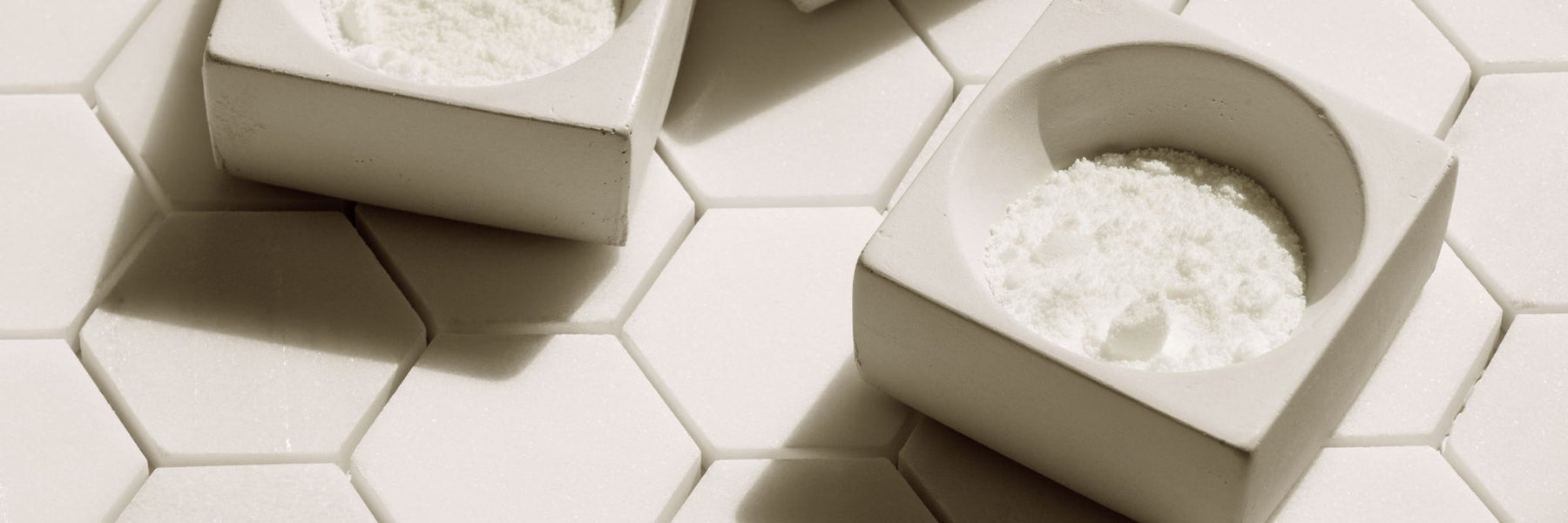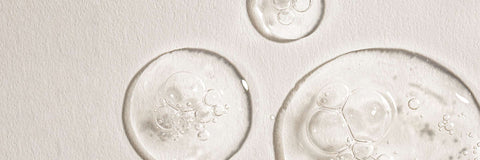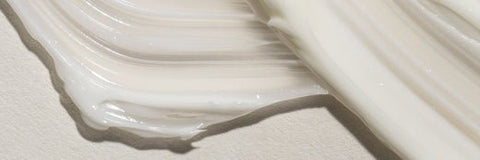You know what they say: when life hands you lemons, make skin care! Wait; that’s not right… but it might as well be! This week, we are learning all about a highly popular ingredient. It happens to be naturally occurring and odds are that at this very moment, copious quantities of this skincare all-star can be found literally chilling in a fridge near you! We’re talking about citric acid – an Alpha Hydroxy Acid that hails from your favorite citrus fruits. Sweeeeet!
Skincare brands are quick to incorporate citric acid into their formulas, so you’ll be happy to know that it boasts a number of benefits and is hardly a one trick pony. But you are probably wondering just how many tricks are we talking about here? That, or maybe your questions more closely resemble “what in the world is it!?” We’re diving into all that and more!
IN A NUTSHELL
Ingredient Category: Antioxidant, Astringent, Exfoliant
Main Benefit: Citric acid offers a number of benefits for your skin, namely its ability to clear the skin of excess oil and dead skin, while helping to protect your skin from environmental stressors.
Find It In: So Clean! Facial Cleanser.
What is Citric Acid?
Citric acid is a mild, naturally occurring acid, with its highest concentrations found in oranges, lemons, limes, grapefruits and other citrus fruits (hence the name). Lesser quantities can be found in other plants as well, like strawberries, raspberries, pineapple, cherries, tomatoes, and even vegetables like artichokes, broccoli, and some lettuces.
Citric acid is an incredibly popular ingredient in… well, everything. It is probably most often applied as an additive in processed foods, having been prevalently used for decades as a flavoring agent, offering a tart and sour taste. But its gastronomical functionality does not stop there. Citric acid is also a wildly effective preservative, granting your noms a much longer shelf life than they would otherwise have naturally. Further, it does so without the addition of potentially harmful chemicals (woot!). Beyond its uses in the food industry, citric acid can also be found on labels of household cleaning supplies, personal care products and - you guessed it - skin care… but why? Let’s dive deeper into the many reasons why this wonder should find its way to your face!
Citric Acid Skin Benefits
1. It can help prevent premature aging.
Similar to how it helps extend the life of your favorite snacks and treats, citric acid can help keep your complexion fresh as a daisy! This is largely due to the fact that it is a powerful antioxidant (a characteristic that also qualifies it as unique amongst other skin care acids). Simply put, when it comes to things like combating the oxidative effects brought on by environmental stressors and aggressors, citric acid totally crushes it! So, things that typically wreak havoc on the skin – like pollution, harmful uv rays, and even extreme weather conditions - can kick rocks!
2. Citric Acid helps preserve the shelf life of your skin care.
In a similar vein, citric acid is often added to skin care, personal care products, and cosmetics to extend their shelf lives. Free of any harmful additives or unnecessary chemicals, citric acid provides a simple solution to prolonging the inevitable decay of those pricey products on which you spend all your hard-earned money. It also helps to prevent the potential growth of things like mold, bacteria, and fungi so that your products stay yuck-free throughout their ever-precious lifespans.
3. It is an effective yet mild astringent.
Citric acid acts as an astringent, which means it helps to clarify the skin and dissolve excess, pore-clogging oils. Many astringents can be extremely harsh and drying to the skin, with abrasive smells caused by damaging chemicals. But when derived from its natural source, citric acid can offer a much more mild and even pleasant experience for you and your skin.
4. Citric acid helps balance your skin care product’s PH.
Citric acid is a PH adjuster, which means that it helps ensure that your products are perfectly balanced for your skin. It is particularly helpful when a product’s PH needs to be lowered (i.e., its acidity level needs raising). This helps to ensure that the product in question is non-irritating, which not only makes the product work better for you but also ensures that whatever you are applying isn’t producing counterproductive results or eating away at your skin barrier.
Major manufacturers often use citric acid for this purpose, but they are not the only ones. Anyone known to dabble in DIY skin care likely regards citric acid as one of their BFFs. If you are down for some do-it-yourself, but sometimes end up with a product that falls flat, know that you too can create a simple citric acid solution to help better balance and reduce your products’ PH for healthier, happier skin. Just be sure to use a meter for accuracy.
5. It helps exfoliate the skin to reveal a brighter, tighter, more youthful complexion.
In certain quantities, citric acid acts as a chemical exfoliant. It is one of a handful of alpha hydroxy acids, which are notorious chemical exfoliants. As such, citric acid promotes cell turnover by working to dissolve the proteins that bond skin cells together. During this process, expired cells are loosened from the grasp of viable ones so they can be sloughed off and ultimately rinsed away.
This whole process can yield many secondary benefits. It helps to keep pores clear of debris resulting in their more minimized appearance. Skin is also then tighter, cleaner with a lesser propensity for blemishes, has a more even and brighter tone, and has a smoother texture with a minimized appearance of fine lines and wrinkles.
This all having been said, it is worth noting that citric acid has much larger molecules than other frequently used alpha hydroxy acids, like glycolic or lactic acid. This leads to lesser absorption in comparison – which may sound like a negative, but hear us out. Citric acid offers a much milder approach to chemical exfoliation than that which is afforded by its fellow AHAs. This makes it great for all skin types, which is rare in the case of chemical exfoliants. Those who can’t seem to tolerate more potent AHAs are encouraged to give small doses of citric acid a go before writing them off for good!
How to Use?
Since citric acid does double duty as an astringent and mild exfoliant, it is best to incorporate it as part of your cleansing regimen. Just one lemon can supply all the citric acid you will need for more than one wash and a simple web search will unearth a number of quick and humble DIY citric acid cleanser recipes. But you will find that most of them usually involve animal byproducts, like honey and yogurt. So, if you are looking for a creature-friendly approach, look no further than Fleur and Bee’s claim to cleanliness, So Clean!. Our classic cleanser features citric acid as one of its primary ingredients, for a clean you can see and feel. With just one wash, your skin will be refreshed and revivified, with the mild scent of grapefruit to uplift your spirits and complexion. For extra clarity, follow up with a quick rose-infused spritz and don’t forget to seal in all that goodness with a nutritious moisturizer!
Things you buy through our links may earn us a commission.






